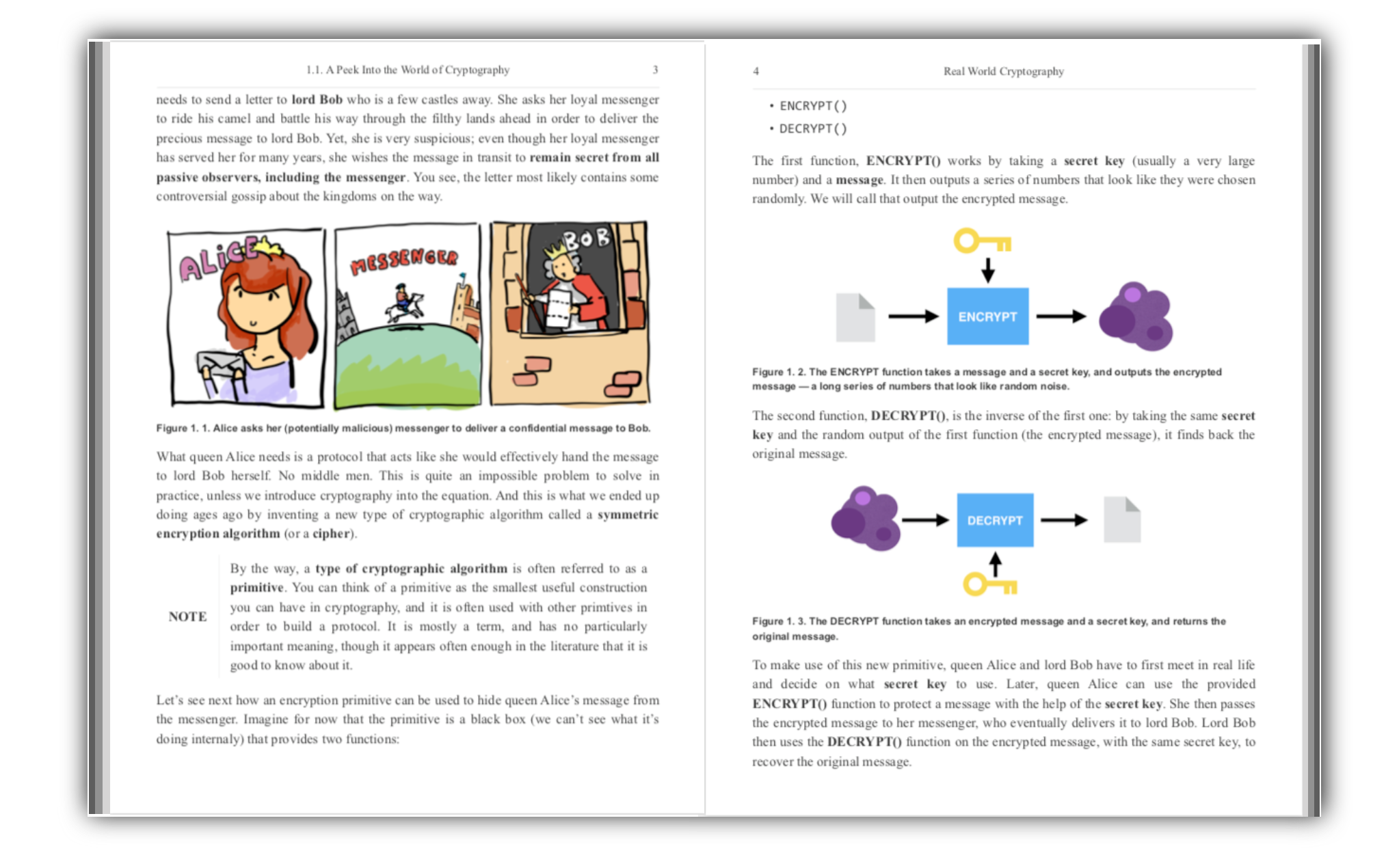Procrastination posted April 2014
Procrastination
I've read a LOT of stuff about procrastination. I have techniques:
- chaining
- get my ipod, put a 30 minutes timer and WORK non-stop until it rings
- Make lists
- Go to libraries
- Do sport
- In the morning, start by doing something productive right away
- Before sleeping, leave your work in the middle of something.
I think those are all my techniques, I can't really think of any others.
2 Ideas
A few months ago I started counting my calories intake, and I lost weight! It's magic. As soon as you start counting the bad stuff, you realize how much you're doing of it. I've had this idea for quite a long time, a slack counter, that times how long you slack per day. It compares that to the average. I don't know how to implement that, but a cellphone app would be the best suited I think. We always carry it, so we just have to launch the app and start a timer when we procrastinate. This + a firefox/chrome app that recognizes websites that are "time consumer" to add to your statistics. I'm sure that would help me work more!
When I'm really in trouble, and I can't seem to get motivated, I always take my iPod out and start a 30 minute timer. I do that, and then I find something to work on, anything, and I don't have to be efficient or know right away how I'm gonna work on it. I just have to do it, non-stop, to focus for just 30 minutes. And when the timer stops, I'm usually motivated enough to either keep going, or take a small break and start a bigger timer. I had the idea of implementing a 30 minute timer + a chain system, everyday you can start this 30 minute timer once and if you do work non-stop for 30 minutes while it runs, you will validate a day. Try validating the most days in a row!
Other techniques ?
This article brings 3 good points:
There are two ways to look at any task. You can do something because you see it as a way to end up better off than you are now – as an achievement or accomplishment. As in, if I complete this project successfully I will impress my boss, or if I work out regularly I will look amazing. Psychologists call this a promotion focus
when we say things like “I just can’t get out of bed early in the morning, “ or “I just can’t get myself to exercise,” what we really mean is that we can’t get ourselves to feel like doing these things.
Making an if-then plan is more than just deciding what specific steps you need to take to complete a project – it’s also deciding where and when you will take them.
If it is 2pm, then I will stop what I’m doing and start work on the report Bob asked for.
You have to let go
This article helped/helps me a lot. Every time I fall into a procrastination period (because it's a disease you'll have to live with for the rest of your life :D), I read that article.
I hadn’t figured out the skill that would save me from the procrastination.
Until I learned about letting go.
Learn from the pro
Katia Verresen is a "Mental Energy coach" for CEOs and founders. Here's a nice article about her and interesting stuff she has to say about being efficient, in the zone.
Verresen is a big fan of a tactic called “calendar blocking,” and she encourages her clients to identify the chunks of time on their calendars when they have the most physical energy for work.
The mood you wake up in is critical. Consider it to be the default font for your entire day.
For a marathon runner, people say that the day before and the day before that are the most important. If you mess up with your sleep one day, you'll feel the consequences until two days after.
Verresen actually tells her clients that if they haven’t gotten enough sleep, they shouldn’t take their emotions seriously the next day.
“Mental energy is the ability to separate yourself from your thoughts,” Verresen says. “Everyday, we have millions of thoughts that cause stress, anxiety, depression — that can stall you out in a million different ways — but you don’t have to believe them.”
“The best way to reset your mental energy is to get it up and out into the physical world,” Verresen says. “Screens don’t count. You should put whatever it is that’s bothering you or that you need to get done up on a white board. Write it down and stick it up on a wall.
I sometime stop what I'm doing to do the dishes. It clears my mind.
Verresen advises her clients to block off two slots ranging between 90 minutes to 2 hours every week as mental white space. They need to literally put it on their calendar and make sure they aren’t interrupted or disturbed during this time — ideally they shouldn’t have meetings right afterwards either.
I do this by doing my laundry. I take a paper and a pen with me and I go do my laundry for an hour.


Comments
leave a comment...